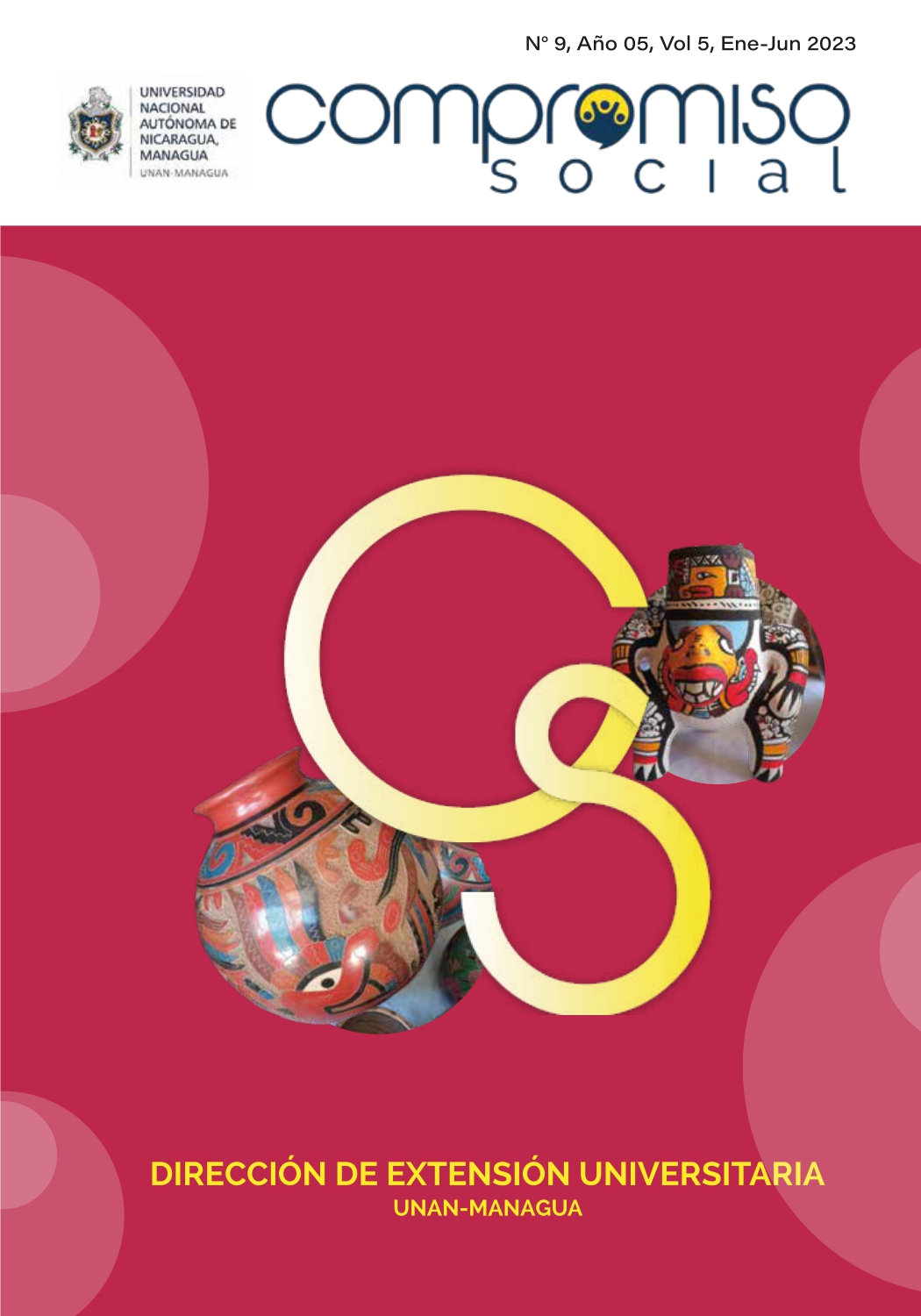Innovation as an institutional articulating process
DOI:
https://doi.org/10.5377/recoso.v9i9.18583Keywords:
Innovation, Training, Policies, Phenomena, , Development, Challenges, ContextAbstract
This article tries to analyze the new space that innovation has taken as a social and economic mechanism, to face the socio-political crisis of 2018, the health crisis caused by the COVID-19 pandemic in 2019 and the impact on Nicaraguan territory. of the hurricanes ETA and IOTA in the year 2020. Establishing a connection between the author and the reader, through a dialogue of knowledge and the sharing of experiences that, from the university, together with society, have identified as profitable to achieve a transformation and assume new challenges as a country in terms of innovation. For this, the key aspects that have made a difference are described in the context of the social, health and natural phenomena that Nicaragua has gone through since 2018. In the same way, reference is made to the evolution that innovation has had at UNAN-Managua, incorporating it into the study programs as a transversal axis in the creation of competences and capacity development, giving a qualitative leap in the curricular transformation, so that students can respond to real problems presented by society and the productive sectors of the country, through strategic alliances and institutional articulation with the entire national ecosystem. It also reflects on the impulse that the government has given, through policies, programs and plans that incorporate innovation as the vehicle that leads towards economic development, through the Orange Economy model, an important factor to take into account. From this contextual analysis, it is understood the social responsibility that academic institutions, the government and society as a whole have, to give way to the transformations demanded by the new times and the paradigm changes that are necessary to respond to the challenges that are generated as a result of the economic, political, social and environmental circumstances of the country.
Downloads
References
Aburto, P. (2021). El modelo curricular por competencias aflora logros en el trabajo integral en los profesores y muy. Artículo de Opinión.
Arana, R. G. (2009). Nicaragua, Dictadura y Revolución. Memorias, 231-264.
Banco Central de Nicaragua. (2018). Informe Anual.Managua: Banco Central de Nicaragua.
CEPAL. (2020). Los efectos del COVID-19 en el comercio Internacional y la Logística. CEPAL.
Gobierno de Nicaragua. (Abril de 2023). Nicaragua Creativa. Obtenido de www.nicaraguacreativa.com
ONU. (2020). Plan de Acción Nicaragua. Managua.
Downloads
Published
Issue
Section
License
Copyright (c) 2023 Universidad Nacional Autónoma de Nicaragua, Managua(Unan-Managua)

This work is licensed under a Creative Commons Attribution-NonCommercial-ShareAlike 4.0 International License.




